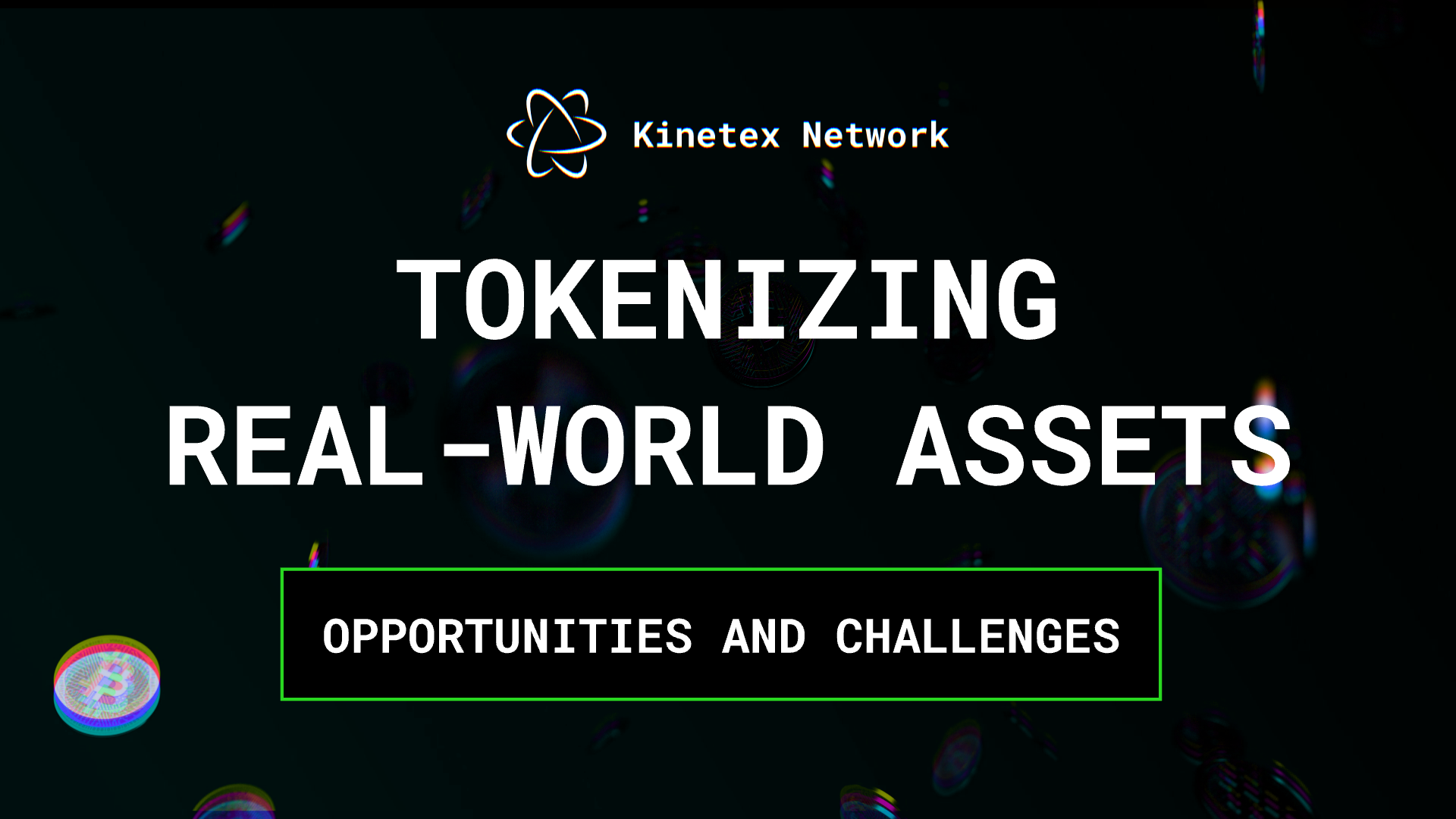Dubai, UAE, 5th September 2024, The crypto industry offers many exciting developments, and tokenization is one of them. Tokenizing real-world assets can alter the development of the financial industry and various sectors of the economy by merging orthodox practices with digital innovations. It has numerous benefits, including expanding investment possibilities, boosting liquidity, and strengthening security. Nevertheless, just like any advanced technology, tokenization carries unique challenges since incorporating decentralized blockchain technology implies distinct legal hurdles.

Prominent Advantages
Tokenization allows converting ownership rights for various real-life assets into digital tokens, thus making asset ownership more effortless, flexible, and manageable. Blockchain plays a vital role here, ensuring the uniqueness of each token, preventing duplication, and establishing a dependable and transparent system for all processes. There are virtually no exceptions for assets that can be tokenized, from real estate, which is one of the most frequently given examples, to rare art pieces and even intellectual property.
Tokenization brings about significant advantages, with one of the most renowned being the democratization of investments. Tokenization dismantles financial barriers, enabling a greater number of people to partake in markets that were previously only available to affluent investors. This inclusivity is made possible by tokenization’s power to split assets into smaller, more reasonable investment-wise units. For example, in real estate, investors can obtain tokens representing a part of a property rather than the entire thing, letting more people try investing in it. This increased accessibility is especially advantageous for those with smaller capital aspiring to expand their investment options without necessitating considerable funds.
The second significant advantage of tokenization is improved marketability. This way, tokenization also opens up new possibilities for another side, owners or sellers, by allowing them to access a broader audience of potential buyers. It is especially beneficial for those assets that typically lack liquidity, such as expensive real estate, artwork, collectibles, etc. The example of a high-value estate is very fitting here since tokenization enables an owner or a realtor to sell it more quickly without it sitting on the market, sometimes for years.
The third significant advantage is the security boost. Thanks to blockchain, every transaction involving a tokenized asset and its ownership is permanently recorded and can be easily verified, diminishing the risk of accidental human mistakes or fraudulent activities. This quality is especially useful when selling or buying high-value assets, such as old paintings, where providing and proving asset provenance is demanded in all cases.
Evident Downsides
The advantages of asset tokenization are notable, but so are the downsides. Tokenization is a fairly new concept that is not covered by already developed and employed legal frameworks. This limitation may cause various unpleasant situations filled with uncertainties and complexities from a legal standpoint, particularly in terms of adhering to regulations imposed in certain areas, as well as international laws. The lack of specific rules for tokenized assets may contribute to an atmosphere of risk surrounding crypto products, services, and technologies, thus scaring away potential users and impeding the development and acceptance of tokenization practices. Additionally, even with an increasing number of countries adopting new technologies, the implementation process will take time and effort, with the unknown and vastly differing crypto status greatly hindering the creation of the tokenization framework.
Conclusion
Many consider tokenization key to building a more inclusive and efficient financial ecosystem that offers far more investing opportunities for a larger group of people. As a result, the rise of tokenization seems inevitable, fundamentally altering investment and ownership arrangements across various industries.
Kinetex Network: Website | Kinetex dApp | Blog